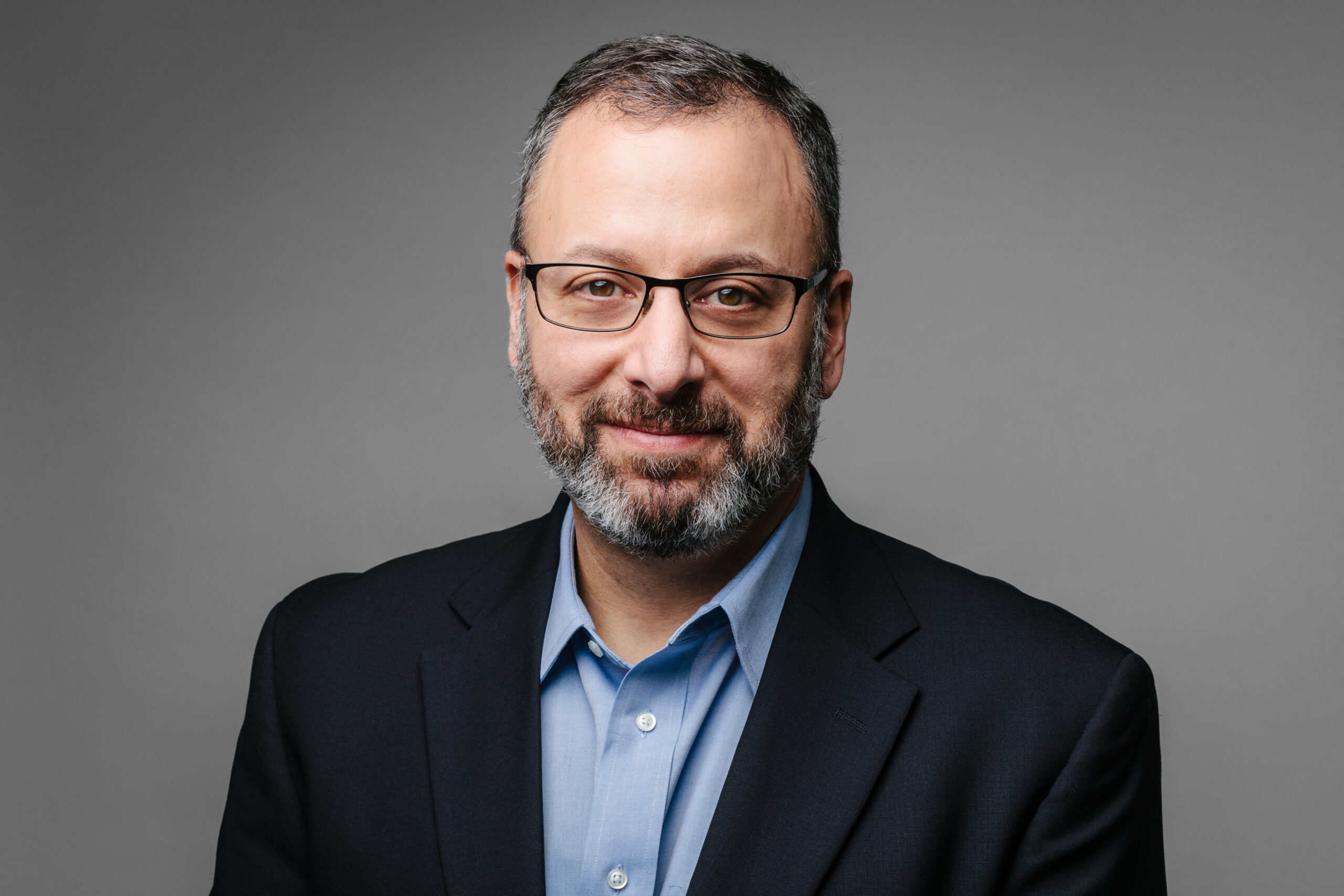
@ShahidNShah


The disruption of the healthcare industry is continuing at a frenetic pace. As reported in a World Economic Forum article, $44 billion was pumped into medical innovations in 2021. Experts expect this influx to continue, all with the hopes of bringing machine learning, artificial intelligence, telehealth, and other technological and digital advancements and processes to both medical professionals and the people they serve.
On the surface, this news is exciting and encouraging. Certainly, healthcare has been overdue for overhauls. Yet all this progress is tempered by the reality that not every provider can keep up with new technologies. And that’s starting to create a serious “have versus have not” divide.
Case in point: Some providers can’t even conceive of investing in the tools and programs to integrate patient medical records or ensure they have the right supplies. This leaves them far from being able to utilize the newest technologies when treating patients. They simply can’t take advantage of everything the marketplace has due to the prohibitive cost of adoption under the typical reimbursement system setup.
Of course, the demand for innovations isn’t going to slow down and wait for some healthcare providers to catch up. It’s going to move forward, which is what technology always does. Already, this is happening in rural communities in the energy and telecom sectors. Millions of people who live in sparsely populated regions have trouble connecting to broadband. Consequently, they’re constantly hampered by a lack of infrastructure. Not only can they not enjoy the benefits of working remotely because of clunky or nonexistent internet, but they can’t engage in telemedicine appointments for the same reasons.
HBA Panel Topic 1 - Evolving Systems of Care
Panel Topic 1: Evolving Systems of Care in the United States. From the Healthcare Businesswomen's Association (HBA) Panel Discussion - How to Survive in the Age of Disruption: The Future of Healthcare Marketing on December 5, 2017. Panelists: Fran Howell, Director of Digital Media, Johnson & Johnson Diabetes Institute. RJ Lewis, Founder & CEO of eHealthcare Solutions and co-author of the book "Results: The Future of Healthcare and Pharmaceutical Marketing". Scott Weintraub, Co-Founder & President, Relative Healthcare Group and co-author of the book "Results: The Future of Healthcare and Pharmaceutical Marketing". Elena Stavrakas, Director, Healthcare Life Sciences, Navigant. Moderated by Maria Finlay, Associate Director, Oncology Marketing, Teva Pharmaceuticals. Sponsored by Johnson & Johnson Diabetes Institute.
Continue reading at hitconsultant.net
The scope and definition of electronic health information covered under the Cures Act rule is set to broaden this week. Deputy National Coordinator for Health IT Steven Posnack penned a blog post on …
Posted Oct 4, 2022 Electronic Patient Record (EPR) Office of the National Coordinator for Health Information Technology (ONC) Electronic Health Information Blocking
Connecting innovation decision makers to authoritative information, institutions, people and insights.
Medigy accurately delivers healthcare and technology information, news and insight from around the world.
Medigy surfaces the world's best crowdsourced health tech offerings with social interactions and peer reviews.
© 2025 Netspective Foundation, Inc. All Rights Reserved.
Built on Apr 16, 2025 at 5:55am